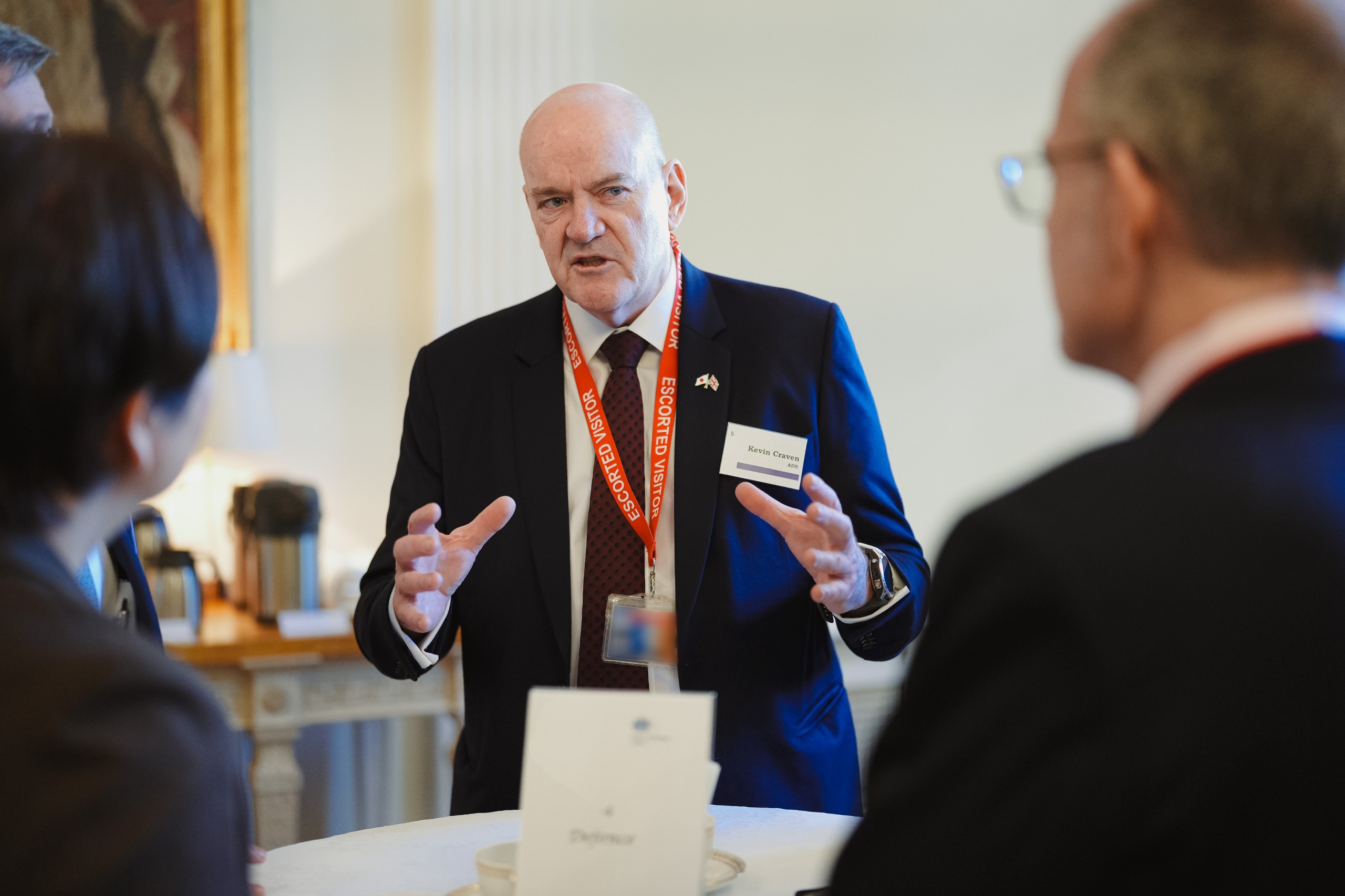
UK participation in Horizon Europe, the EU’s research programme, remains the preferred choice for ADS and our sectors. Close collaboration on the pan-European research programmes will help drive the innovation and collaboration that will develop the next generation of technologies to address a wide range of societal challenges.
As ADS have written before, the best way to foster such an environment is through association to Horizon Europe. Recent events, including the welcome passage of the Windsor Framework, offer an opportunity for the UK Government to secure UK association to Horizon Europe.
However, in the event that the UK fails to join Horizon Europe, it was welcome to see the Government unveil their alternative, dubbed ‘Pioneer’, earlier this month.
What is Pioneer?
The Pioneer programme would sit alongside pre-existing science and research agencies, including the National Science and Technology Council (NTSC), the Advanced Research and Invention Agency (ARIA), and UK Research and Innovation (UKRI). By investing around £14.6bn through to 2027/28, Pioneer would enhance the UK’s position as a ‘science and tech superpower’.
This funding, the same amount that UK researchers would receive as part of Horizon Europe, would be split across four pillars:
- Pioneer Talent – £2bn
- Pioneer Innovation – £3.5bn
- Pioneer Global – £3.8bn
- Pioneer Infrastructure – £1.17bn
These pillars are designed to provided academia and industry in the UK with access to the core investment needed to undertake world-leading research, and keep the UK competitive with other research programmes, including Horizon Europe.
Pioneer would also include funding for uncapped Third Country Participation (TCP) in Horizon Europe, through to 31 March 2025, with further consultations on the value of TCP beyond 2025.
The potential advantages of Pioneer
The fundamental appeal of programmes like Horizon Europe is the value of collaboration and the potential gearing that provides to industry and academia in the UK.
It is therefore welcome to see international collaboration at the heart of Pioneer. The ‘Pioneer Global’ pillar could potentially make partnership with countries like Israel, South Korea or the US easier than under Horizon Europe, where a UK project would need to secure the additional partnerships of two Horizon Europe members.
Pioneer could also support collaboration with European partners, too, and the Talent, Innovation and Infrastructure pillars would go a long way to making the UK an attractive partner for research on European projects.
The Pioneer prospectus touts the potential value of a simpler application system. While a system which is open and accessible is certainly positive, the current Horizon Europe system is not overly burdensome, with UK companies having a very high success rate in applying for research projects.
How members can share their views
ADS have been asked by the Department for Science, Innovation and Technology (DSIT) to provide comment on the Pioneer programme. While this recent clarity on a UK alternative is to be welcomed, association to Horizon Europe remains a priority. Should an ADS member have additional comments to share with ADS, please reach out to Andy Phillips at andy.phillips@adsgroup.org.uk





